The Perilous West
Ramsay Crooks and Robert McClellan
John Hoback, Jacob Reznor, and Edward Robinson
Pierre and Marie Dorion
The Perilous West
Seven Amazing Explorers and the
Founding of the Oregon Trail
Larry E. Morris
ROWMAN & LITTLEFIELD PUBLISHERS, INC.
Lanham Boulder New York Toronto Plymouth, UK
Published by Rowman & Littlefield Publishers, Inc.
A wholly owned subsidiary of The Rowman & Littlefield Publishing Group, Inc.
4501 Forbes Boulevard, Suite 200, Lanham, Maryland 20706
www.rowman.com
10 Thornbury Road, Plymouth PL6 7PP, United Kingdom
Copyright 2013 by Rowman & Litlefield Publishers, Inc.
All rights reserved. No part of this book may be reproduced in any form or by any electronic or mechanical means, including information storage and retrieval systems, without written permission from the publisher, except by a reviewer who may quote passages in a review.
British Library Cataloguing in Publication Information Available
Library of Congress Cataloging-in-Publication Data
Morris, Larry E.
The perilous West : seven amazing explorers and the founding of the Oregon Trail / Larry E. Morris.
pages cm.
Includes bibliographical references and index.
ISBN 978-1-4422-1112-4 (cloth : alkaline paper) ISBN 978-1-4422-1114-8 (ebook)
1. Oregon National Historic TrailDiscovery and exploration. 2. Oregon National Historic TrailDescription and travel. 3. ExplorersOregon National Historic TrailBiography. 4. ExplorersWest (U.S.)Biography. 5. West (U.S.)Discovery and exploration. 6. West (U.S.)Description and travel. 7. West (U.S.)HistoryTo 1848. I. Title.
F880.M67 2012
978'.01dc23
2012032260
 The paper used in this publication meets the minimum requirements of American National Standard for Information Sciences Permanence of Paper for Printed Library Materials, ANSI/NISO Z39.48-1992.
The paper used in this publication meets the minimum requirements of American National Standard for Information Sciences Permanence of Paper for Printed Library Materials, ANSI/NISO Z39.48-1992.
Printed in the United States of America
The feelings of that night were so near that I could reach out and touch them with my hand. I had the sense of coming home to myself, and of having found out what a little circle mans experience is. For ntonia and for me, this had been the road of Destiny; had taken us to those early accidents of fortune which predetermined for us all that we can ever be. Now I understood that the same road was to bring us together again. Whatever we had missed, we possessed together the precious, the incommunicable past.
Willa Cather, My ntonia
Acknowledgments
During my final year of work on this project, I lost three good friendsMatt Brown, Brent Petersen, and Matt Smith. This book is dedicated to their memory.
The editors at Rowman & Littlefield have been great to work with. Thanks to Niels Aaboe, Sarah David, Carrie Broadwell-Tkach, Jon Sisk, Darcy Evans, Benjamin Verdi, and Karen Ackermann.
Thanks to the archivists and staff at the Family History Library, Salt Lake City; Brigham Young University Harold B. Lee Library and L. Tom Perry Special Collections, Provo; the State Historical Society of Missouri, Columbia; the Missouri History Museum, St. Louis; the Filson Historical Society, Louisville; the Kentucky State Archives, Frankfort; the Kentucky Historical Society, Frankfort; the Wisconsin Historical Society, Madison; the Abraham Lincoln Presidential Library and Museum, Springfield; and the Baker Library, Harvard Graduate School of Business Administration.
Thanks to the Charles Redd Center for Western Studies for funding part of the research associated with this book.
Thanks to the many historians who researched these seven remarkable individuals in the pastespecially Washington Irving, a tireless researcher and a mighty fine writer.
I appreciate the support of a whole host of folks, particularly Robin Russell, Bill Read, Russ and Cindy Taylor, Rachel and Taeh Osborne, Ron Anglin, Jay Buckley, and Jim Hardee. It has been a particular pleasure to attend the Fur Trade Symposiums held every two years in such historic locations as Three Forks, Montana, and Pinedale, Wyoming. The Museum of the Mountain Man in Pinedale and its parent organization, the Sublette County Historical Society, have done a wonderful job of finding and preserving the history of the Western fur trade.
Most of all, I appreciate the support of my wife, Deborah, and our familyWhitney, Justin, Jen, Elliot, Liam, Courtney, Adam, Isaac, Tahlia, Charles, Tiffani, and Margo. In a series of memorable trips, Deborah and I followed the Astorians along the Wind River, the Teton River, Henrys Fork, the Snake River, the Columbia, Bear River, the south fork of the Snake, the Hoback River, and the Sweetwater, but there was nothing quite like seeing the mouth of the Walla Walla River, where Marie Dorion and her sons were rescued.
Prologue
The Timely Arrival of This Poor Unfortunate Woman
On the morning of April 17, 1814, seventy-six well-armed men in ten canoes fought their way up what William Clark called the great Columbia River, contending with the strong and rapid current as they ventured into the Rocky Mountains from the Pacific coast. They had embarked two weeks earlier from Astoria, a trading post at the mouth of the Columbia named after the renowned fur magnate John Jacob Astor, Americas first millionaire, who had funded the enterprisebut who would never see the settlement. The War of 1812 and the sale of Astoria to Canadas North West Company had compelled these voyagers, some accompanied by Indian wives and children, to return to their home base in Montreal. They faced the daunting task of ascending the Columbia north into present British Columbia and then winding their way east across the continent, enduring cold, illness, injury, and hunger while infrequently replenishing their supplies at a smattering of trading houses as they paddled the Canoe, Athabasca, North Saskatchewan, Winnipeg, French, and Ottawa Rivers and a host of lakes, including Lake Superior. They would reach their homes early in September, but only after they had made an endless series of troublesome portagesone in neck-high icy waterscaled a series of snowy mountain passes, and lost two of their number to the white water of the Athabasca.
The Astorians were well underway by 8:00 a.m. as they journeyed through the Great Plains of the Columbia, in present-day southeastern Washington, an area quite unlike the region of lush forests near the coast. They could see nothing but bare hills in the distance, with hardly a shrub or a patch of grass visible. Steep cliffs, some two hundred feet high, rose on both sides of the tremendous river, nearly a thousand yards wide at this point. The barren plains had yielded no game, and the group was subsisting on extremely lean horses and dogs purchased from Indians. Then, near the mouth of the meandering Walla Walla, a beautiful little river, lined with weeping willows, they saw three canoes, the [Indians] in which were struggling with their paddles to overtake them. Determined to be on their wayand concluding their pursuers were simply curiosity-seekersthe Astorians paid little heed, not breaking their resolute rhythm as they plied their oars. But then a childs voice cried out, Arretez donc, arretez donc! (Stop, stop!) and the men promptly put ashore and waited. Most of them were French-Canadian, and the sound of a child calling to them in French had sparked their concern.
The landing of the fleet made for a noisy, chaotic scene, with bearded, buckskin-clad boatmen yelling instructions as the oversized canoesfive of birch bark and five of cedar wood, all ten brimming with people and suppliescrowded the rocky shoreline, their sails lowered. The armada totaled ninety passengers, and most of them glanced back for a glimpse of the
Next page
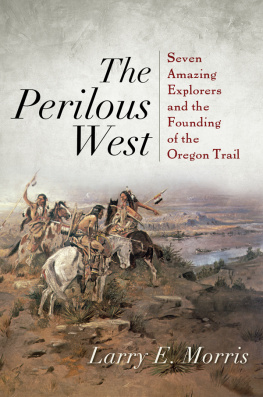
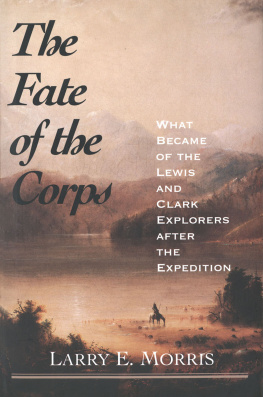
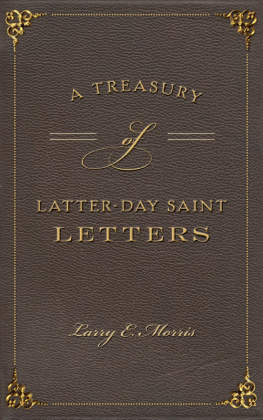
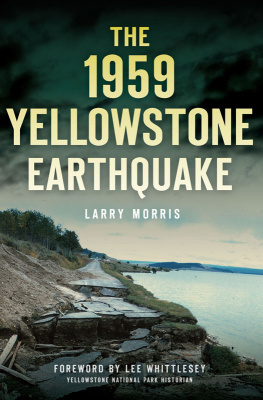
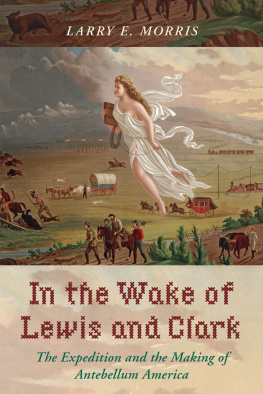
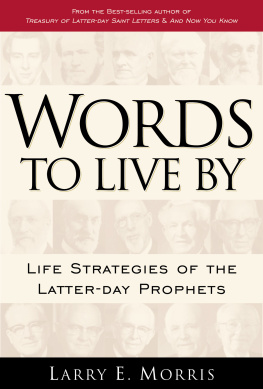
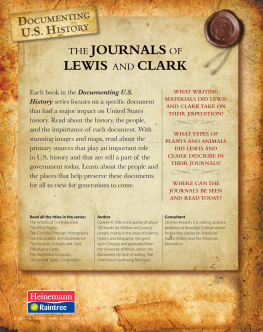

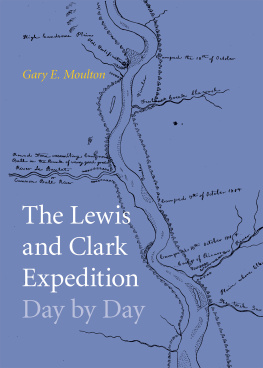
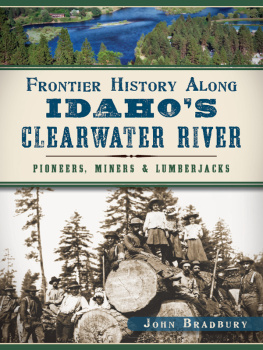
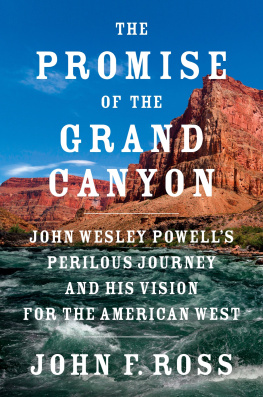
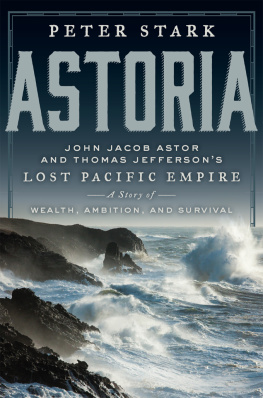
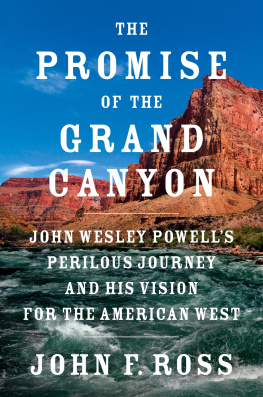
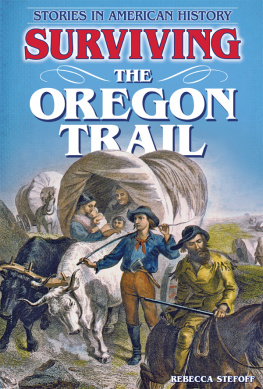
 The paper used in this publication meets the minimum requirements of American National Standard for Information Sciences Permanence of Paper for Printed Library Materials, ANSI/NISO Z39.48-1992.
The paper used in this publication meets the minimum requirements of American National Standard for Information Sciences Permanence of Paper for Printed Library Materials, ANSI/NISO Z39.48-1992.